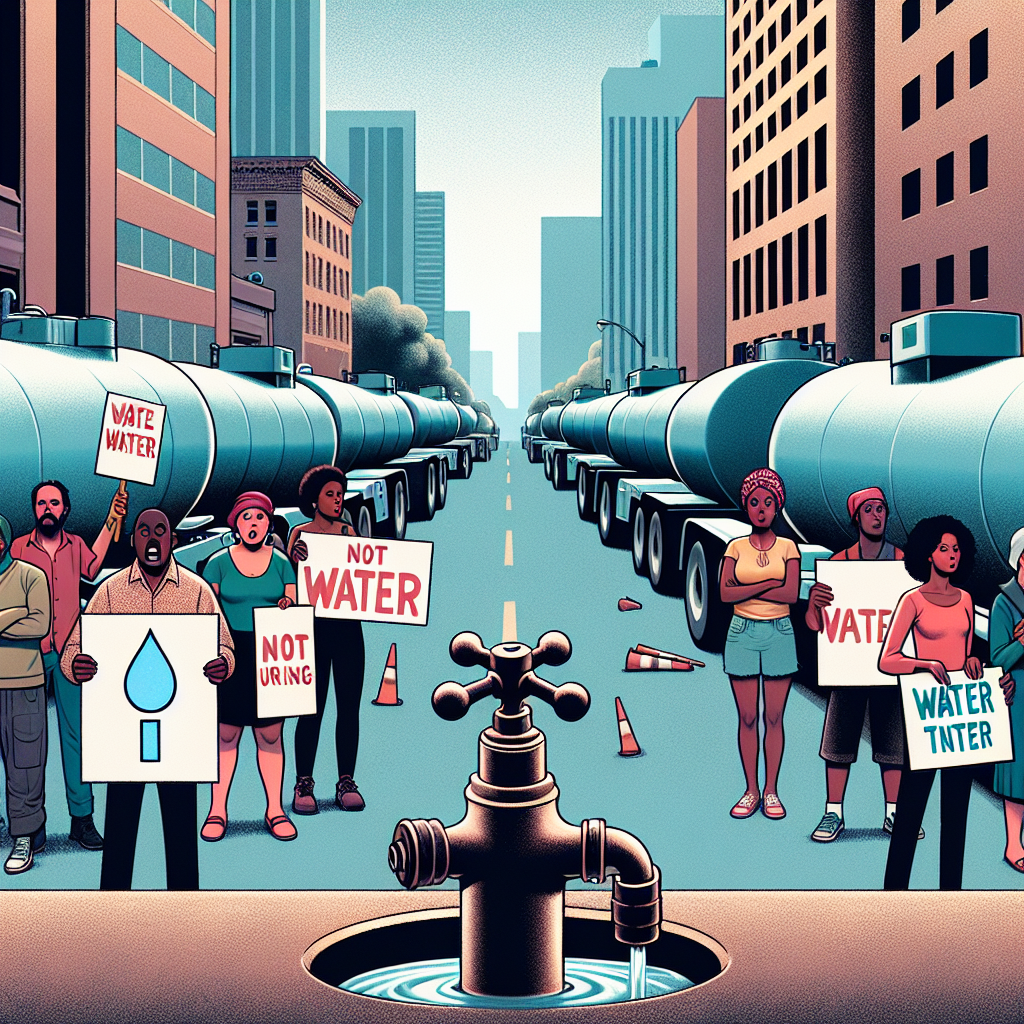New Jersey Transit Strike: A Crisis on the Rails
New Jersey Transit engineers have initiated a strike, impacting around 350,000 commuters. This marks the transit system's first strike in over 40 years, following failed negotiations over wage disputes. New Jersey's government seeks a resolution that is equitable for employees and sustainable for commuters and taxpayers.

New Jersey's transit system is facing a major upheaval as train engineers have initiated a strike, leaving an estimated 350,000 commuters scrambling for alternative travel options or opting to stay home. This significant disruption follows a breakdown in negotiations over wage disputes.
The walkout, marking the first NJ Transit strike in over four decades, comes after union members rejected a labor agreement proposed by management. With wages as the primary sticking point, the union argues for salaries comparable to other railroads, while NJ Transit warns of financial implications.
The state government, led by New Jersey Gov. Phil Murphy, is striving for a balanced solution that meets the needs of both workers and taxpayers. As talks continue, the agency has implemented contingency plans, though these offer limited relief for the affected public.
(With inputs from agencies.)










